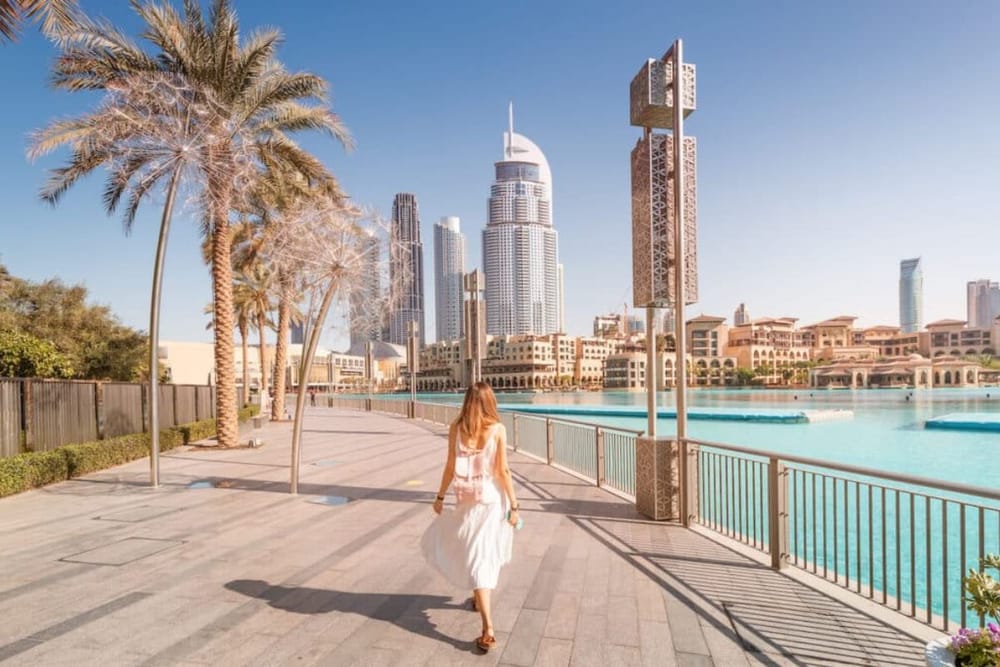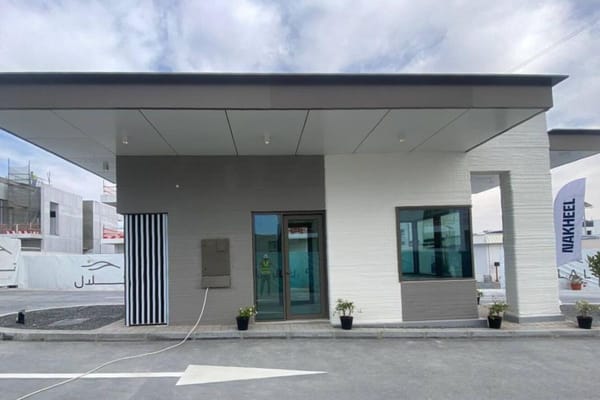From small nuggets of information you should know to things to steer clear of, here's a list of all you need to know when you start living in the Emirates.
The UAE is a sunny, luxurious, tax-free haven — and especially so for expats, with more than 100,000 expats moving to the country in 2023 alone.
If you are among those planning to make the move, we have put together a little 'cheat sheet', if you will, to help you manage expectations, settle down a bit more easily in the country and feel at home from Day 1.
From small nuggets of information, you should definitely know to things to steer clear of, here's a list of all you need to know when you start living in the Emirates.
You can get anything delivered. No, seriously — anything

Food, clothes, groceries, flowers, gifts — sure, you can expect all the standard goods to be delivered home in anywhere between 15 minutes to 24 hours.
But what about if you remember that your car tank is running on empty right after you get into bed? In the UAE, you can still wake up with a full tank because you can get petrol delivered to your doorstep.
That's not all. Need a quick spray tan? You got it. Laundry, salon and spa treatments, pet grooming services — even alcohol — can all be delivered to you in no time. Talk about convenience, redefined.
House hunting? Start later than you think
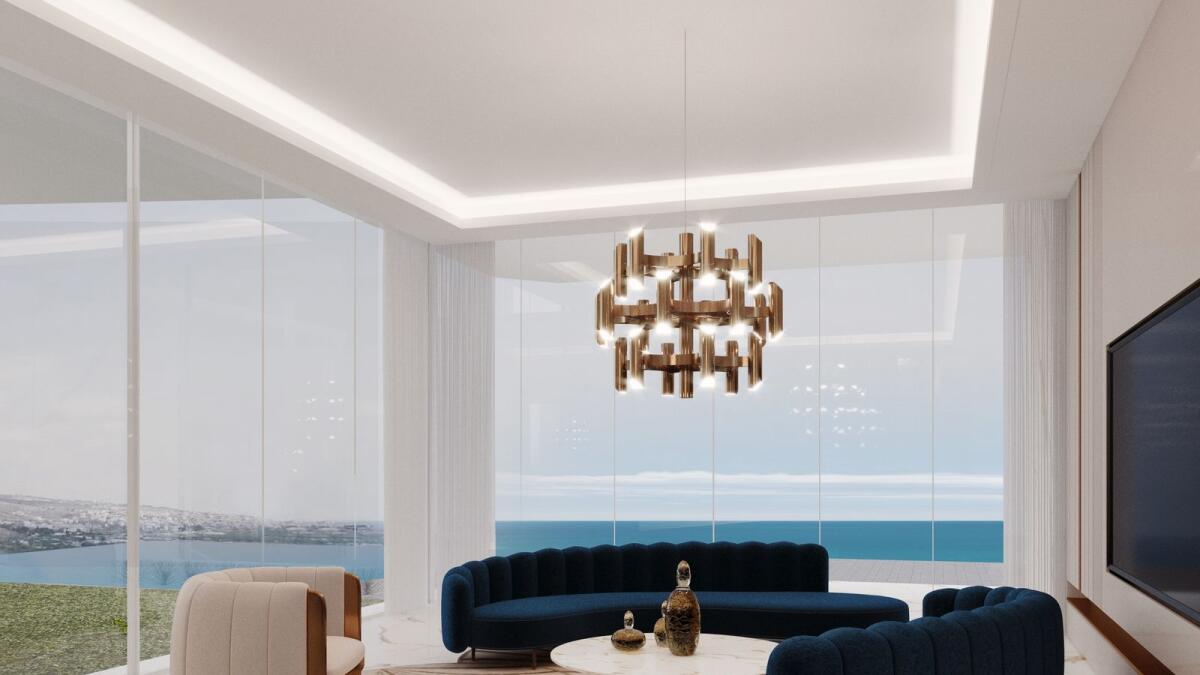
If you're looking to move out, the more well-organised among us may want to start planning and scouting for the perfect home about 3-4 months in advance. It is a pretty stressful transition after all, since there are at least 10 things to think about. You'll need to hold your horses though.
Because of how quickly properties get snapped up or rented out in the UAE, especially in the city or in more popular neighbourhoods, most residents can only realistically start putting down deposits on a new place one month before their last date.
It's not uncommon to view a place today and be notified about its unavailability in a few hours. So, unless you're willing to pay upfront, agents are unlikely to hold down a home for you.
Your Emirates ID will be the most important card in your wallet
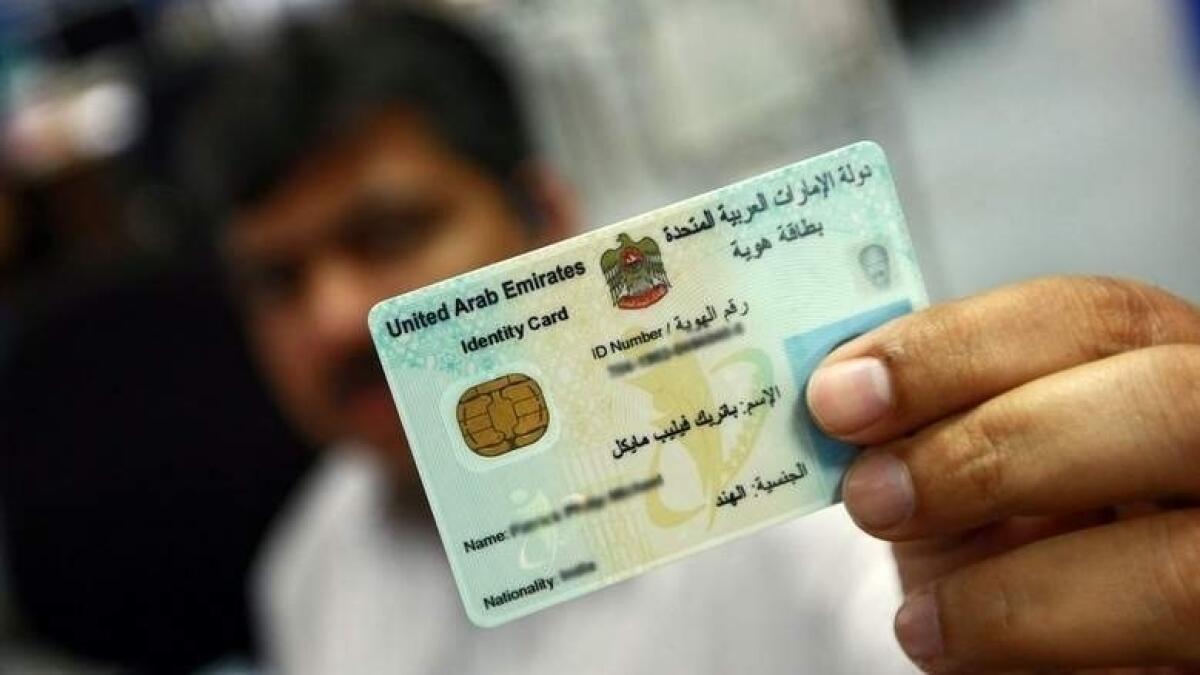
Your national ID card is like your passport within the country. Once you get it, make sure you keep it safe and on your person at all times. It is arguably the most important card in your wallet and is needed almost everywhere – from a clinic to the airport.
In 2022, the UAE even scrapped the stamping of visa stickers in one's passport. Only your Emirates ID is required now.
So, whether you're entering a concert, getting pulled over by cops, or even meeting your doctor for a regular check-up, this card will be asked for everywhere to confirm your identity. It may be enough to flash a digital copy of it in some places, but if it's proof of ID being asked for: just know that this one is more acceptable than most.
Be prepared for the summer
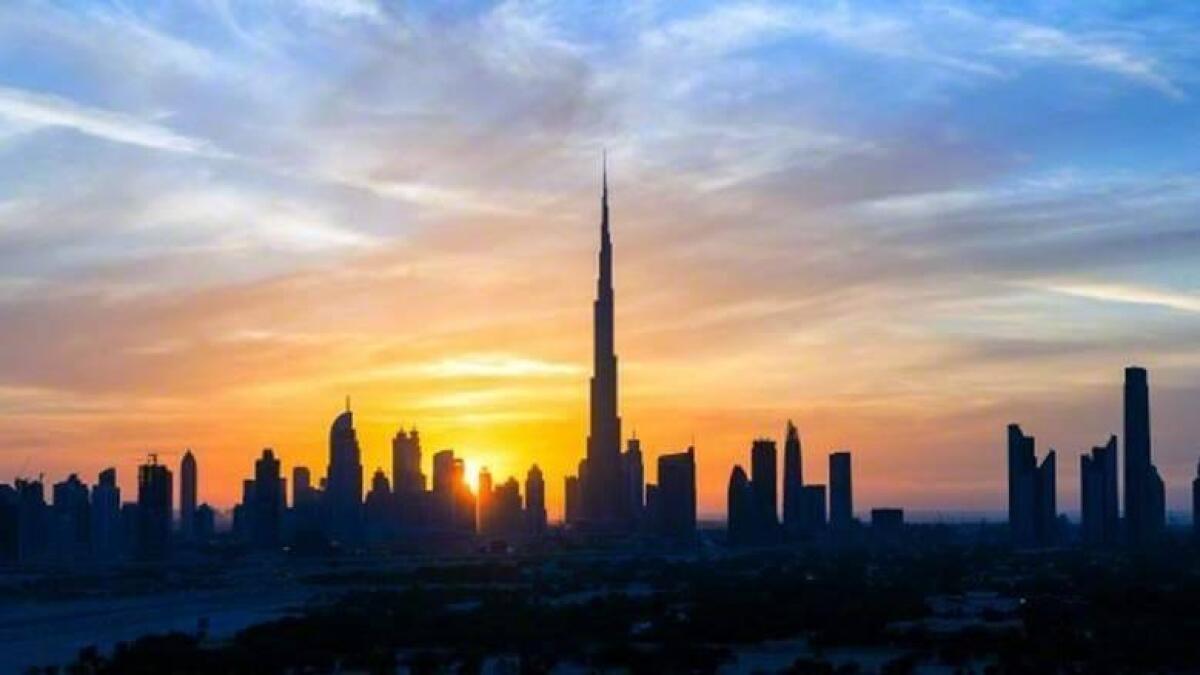
While we would all like to believe that the UAE has four seasons – residents predominantly just experience summer and winter. The weather can be challenging to navigate from May to September, with temperatures touching 50ºC in some parts. Residents beat the heat with umbrellas, hand fans, caps and scarves. Women even opt for sweat-proof makeup to ensure they look fresh all day.
That said, for many residents, the heat is more hearsay than experienced because of how ubiquitous air conditioning is across the country. In Dubai, even the bus stops are air-conditioned! So, if you go from home to car to work, for instance, you may not know the difference.
The other thing to note about living in the desert is that the climate change challenge is real. Also, expect the unexpected: like hail! This year, the UAE saw an especially intense hailstorm hit parts of the country while, in years past, it has even seen snow.
VoIP calling is banned

Voice over Internet Protocol calls are banned in the UAE. This means that residents cannot use WhatsApp, Messenger and other popular messaging applications to voice or video call one another.
However, the country has approved some applications that can be used to call others – locally and internationally – for free.
Want to buy alcohol? You may need a licence
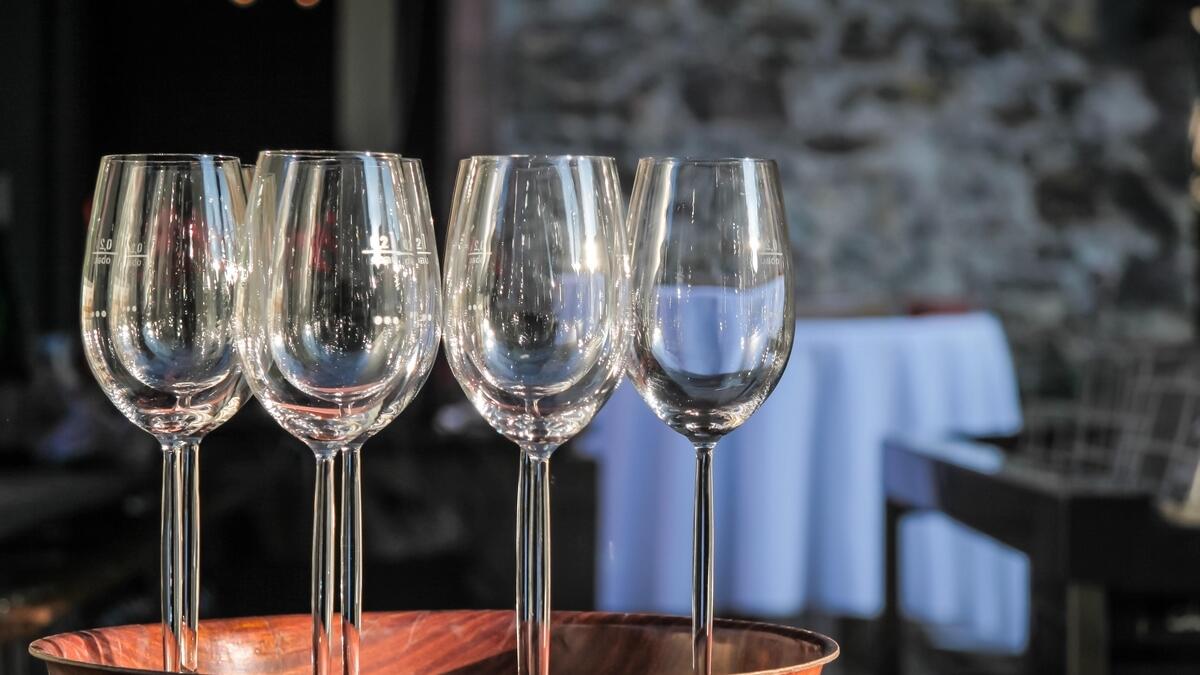
Consumption of alcohol is no longer a criminal offence in the UAE; however, there are laws that one must abide by. For example, one must be at least 21 years of age to buy alcohol. Be mindful too that the regulation of these laws may differ from emirate to emirate.
If you're looking to buy alcohol in Dubai — you'll need to get a licence. However, it has recently become significantly easier to obtain one, as you can either apply online or head to a registered alcohol store and get your licence made for free.
In Sharjah, the possession and consumption of alcohol is restricted.
Nol – one card, multiple uses
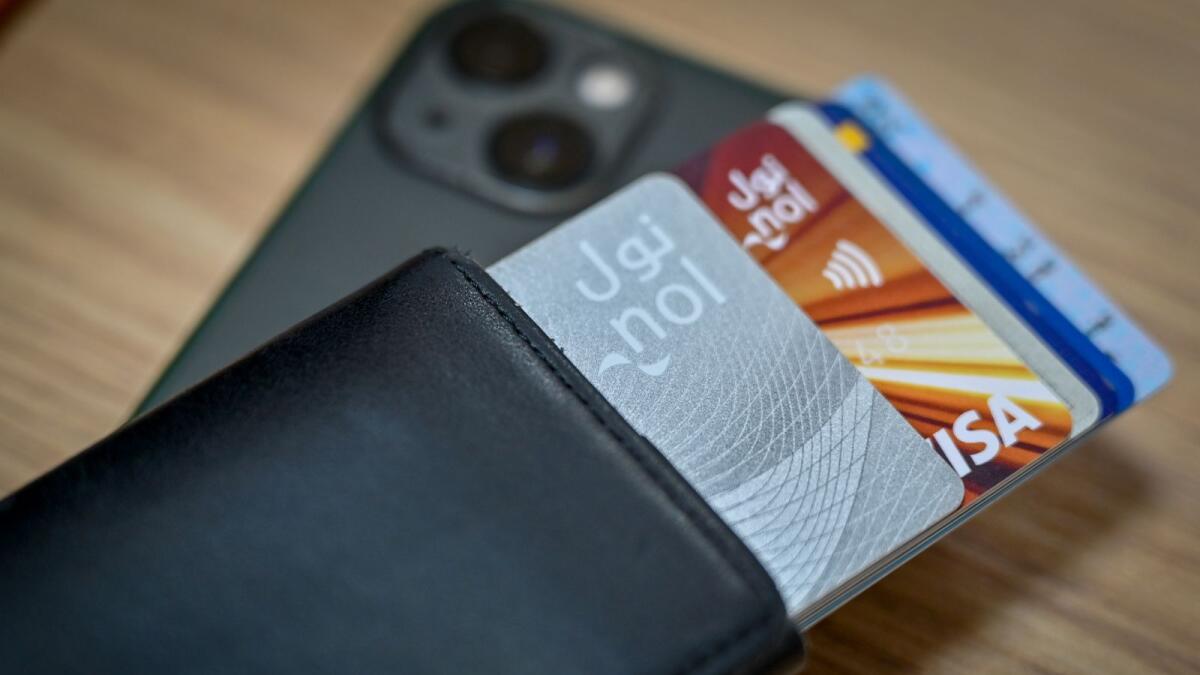
In most places, the public transport card is used for just that. Not in the UAE. Apart from using it to hop on everything from the Metro to the Abra to the Etihad Rail (soon), believe it or not, this single card can be used for much, much more.
Picking up groceries? Tap that card. Need medicines? Authorised pharmacies will accept the Nol card. Even some restaurants will accept payment by Nol card.
What's more, you can even personalise your card and safeguard the balance in it, just in case it gets stolen, aside from many other benefits!
Traffic can be a bit of a nightmare
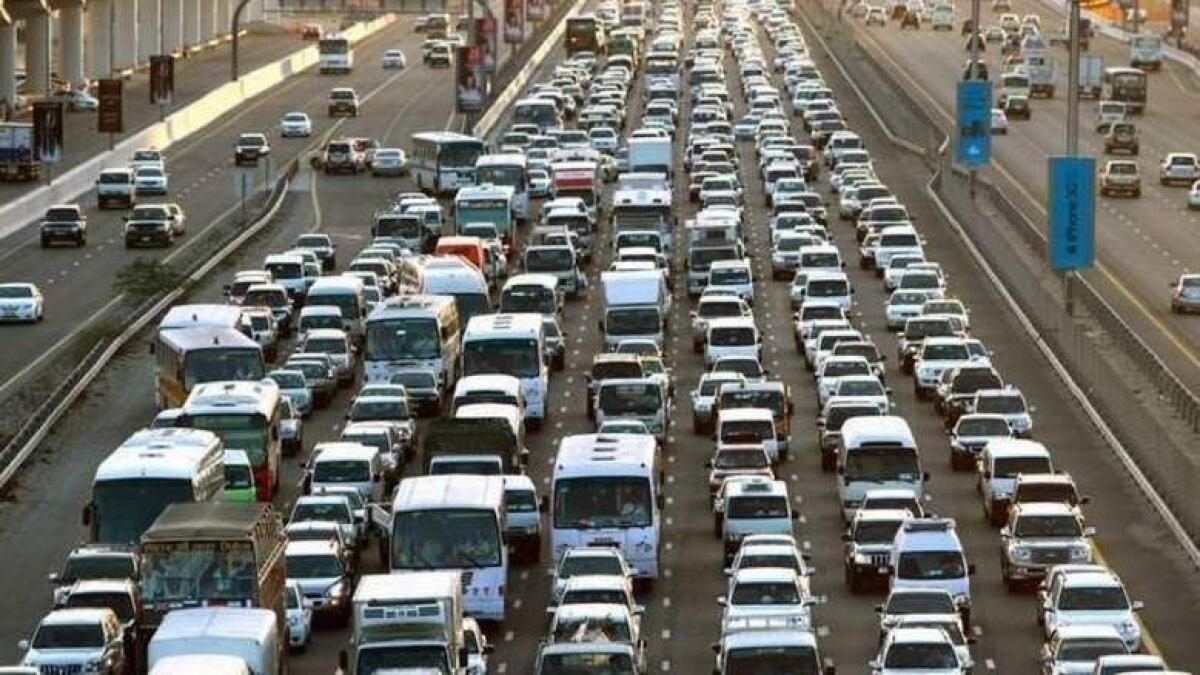
UAE residents lose up to 'one day a month' stuck in daily traffic jams — especially while travelling between emirates. The Dubai-Sharjah gridlocks are almost legendary in that way. So, if you are planning to live in one emirate and work in another (as many residents do to save money), know that you'll likely have to contend with peak-hour commutes and the occasional episode of road rage.
It's not all doom and gloom though. The UAE is working on several projects to ease traffic, such as by examining the merits of another federal highway, exploring air taxis, and chugging along steadily in its construction of Etihad Rail, which is set to connect all seven emirates.
Getting a driving licence may be one of your greatest feats

Regardless of how much prior experience you have with driving in other countries, you may need to come to terms with the fact that you may not pass on your first attempt. You may also want to budget accordingly, as the costs of tests may eventually add up to thousands of dirhams.
The strict regulations in the country require you to pass difficult tests in order to obtain a licence. However, there are at least eight different ways to go about applying for your licence — including the 'Golden Chance' initiative that allows you to skip classes and take the test directly.
Beware of radars — they're everywhere
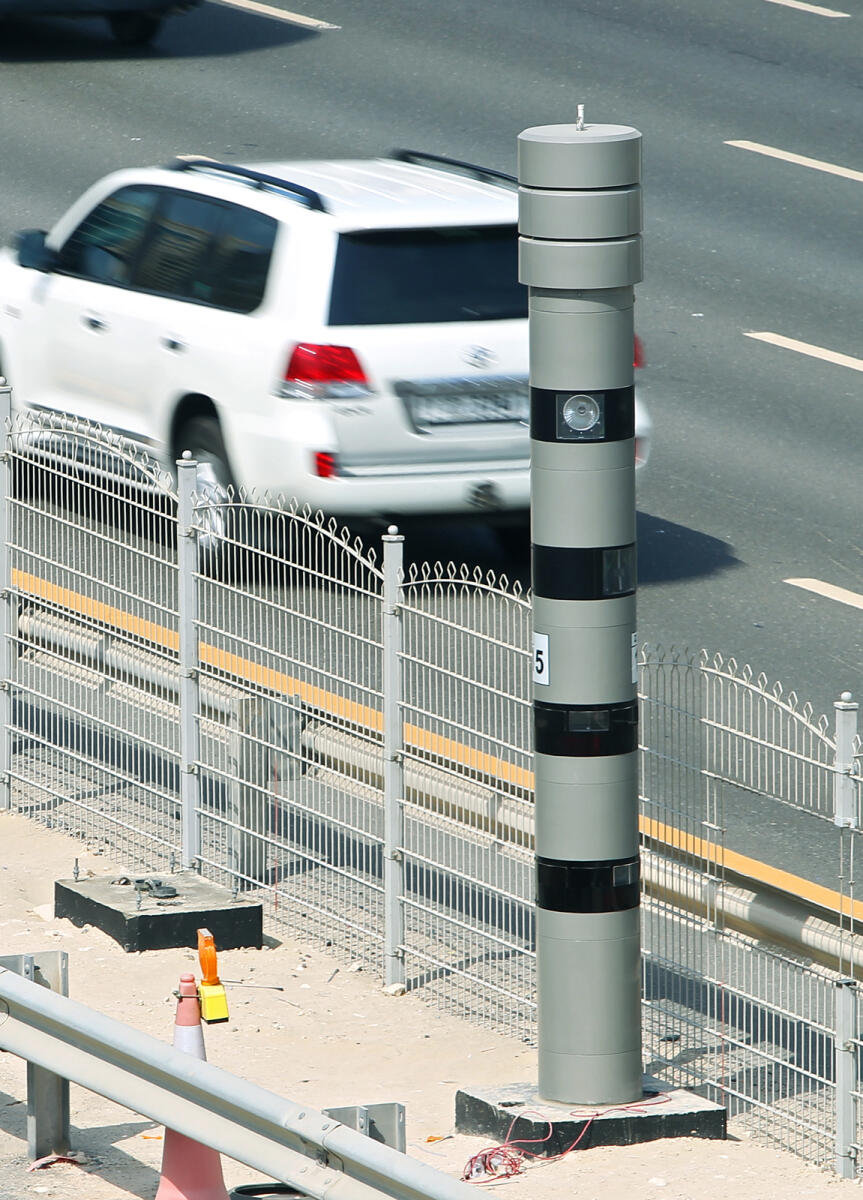
Jumped a red signal? Not wearing your seatbelt while driving? Look up and say cheese, you're most likely on camera. If you ever break a traffic rule in the country, it is very likely that a camera has spotted you. These high-tech radars can be found across major and minor roads in the country and they come with some pretty steep fines.
Serious traffic violations can cost you up to Dh100,000 with vehicles being confiscated and driving licences suspended. In other words, if you're feeling a little reckless on UAE roads, think again.
Travelling becomes a real breeze
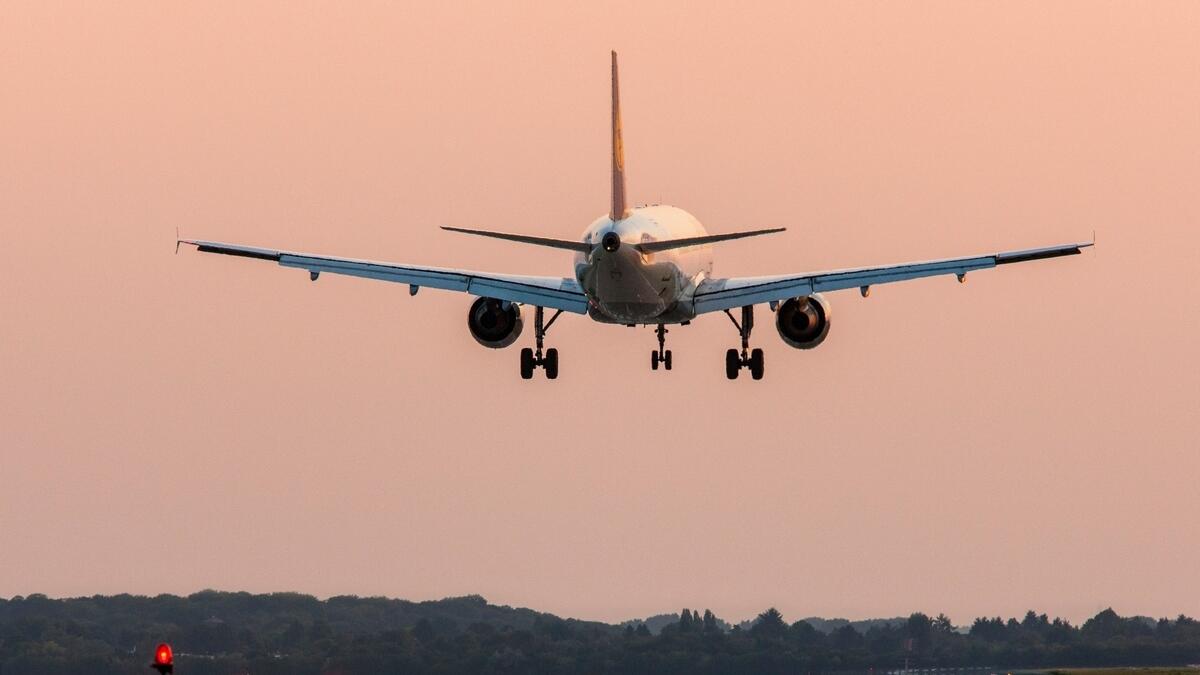
You may have heard of the phrase 'ease of travel' before, but you will truly understand what that means once you move to the UAE. With multiple international airports from which you can fly out to as many as 190 destinations, residents are truly spoiled for choice when it comes to travelling across the globe from the UAE.
What's more, several countries offer visa-free entry to UAE residents, making for the perfect getaway for all the long weekends one gets to enjoy in the Emirates.
But that's not all: you can avail of home check-in services that will see agents visit your home or hotel to pick up your baggage and issue your boarding pass. Getting past immigration is also a breeze as your face is now your passport thanks to enhanced smart gates at some airports.
Get this visa and you're golden
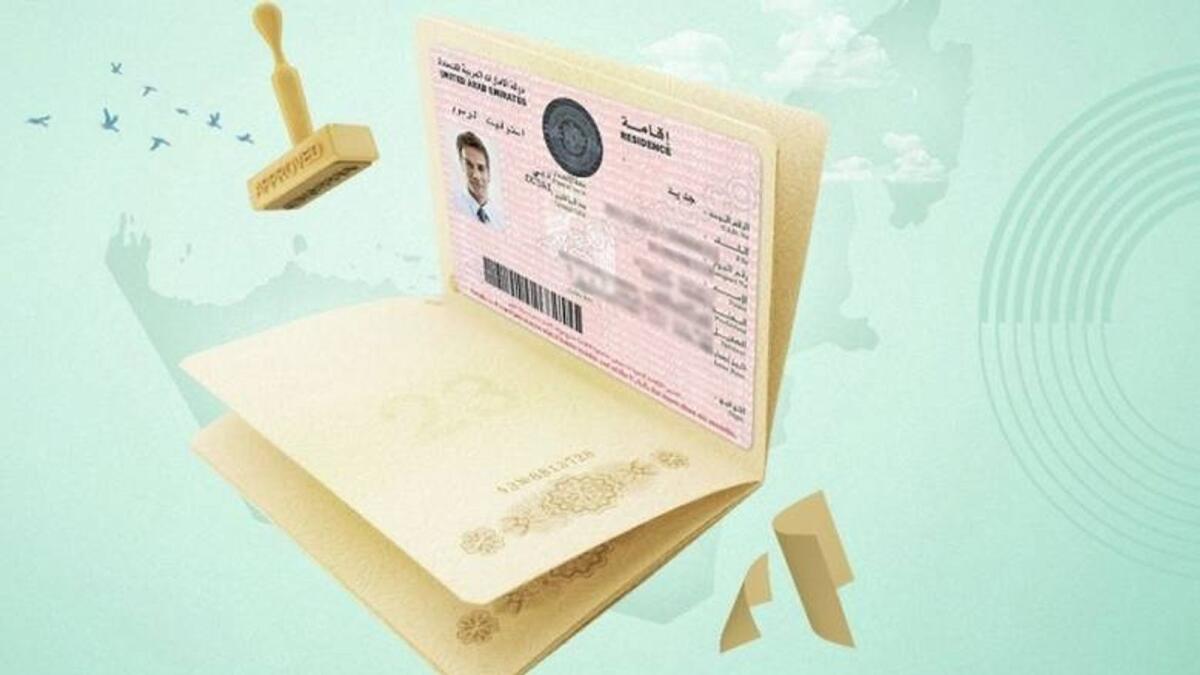
Getting a Golden Visa is almost like winning a lottery for most expats in the Emirates. The 10-year visa means you won't have to worry about renewing the permit every two years. As any expat will tell you, that's a major headache sorted.
In case you are unable to get your hands on the coveted 10-year visa through your job, there are other ways to be eligible for one. The UAE grants Golden Visas to high-net-worth individuals, property buyers, entrepreneurs, distinguished students and many others.
Burj Khalifa = North Star
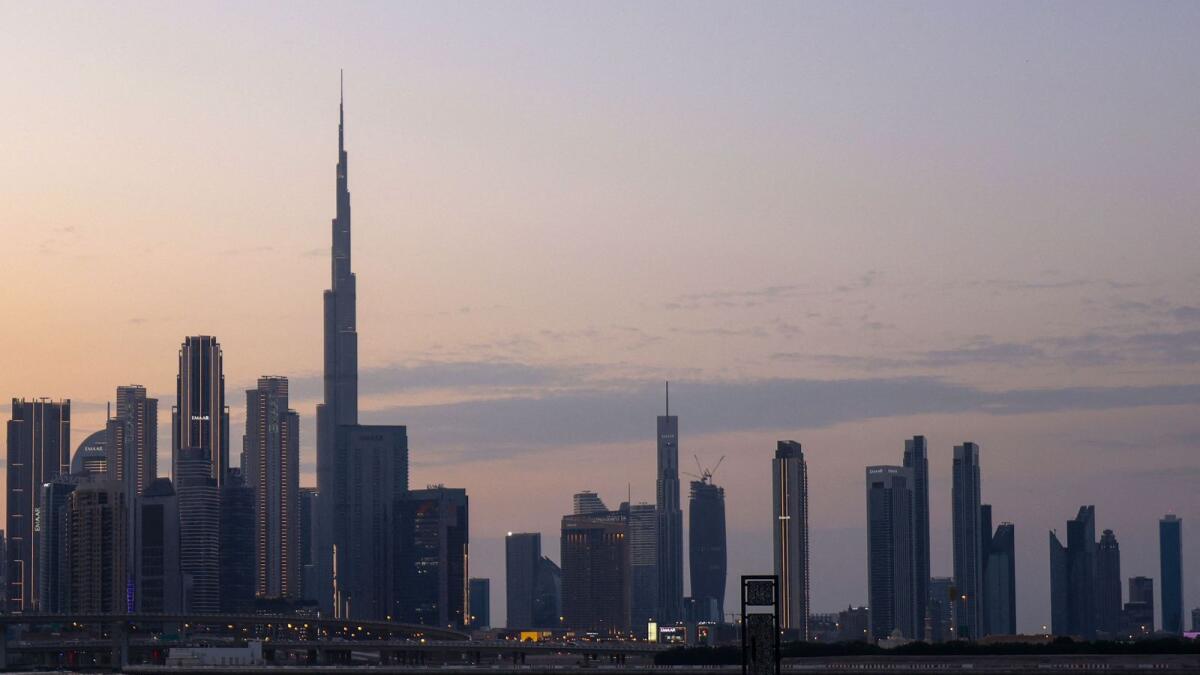
The Burj Khalifa can be seen from across Dubai. Newer residents use the tallest building in the world as a North Star of sorts – navigating through the roads of the city while keeping the iconic landmark in sight.
Did we say it can be seen across Dubai? Try 'across the UAE'. Photographer Rashid Abdulla Aziz Al Shehhi went viral in 2020 for his photograph of the towering skyscraper from Jebel Yanas in Ras Al Khaimah. That's nearly 140km away by road!
Here's another shot of the UAE's best-known attraction — this time from Ajman, courtesy of photographer Rami Dibo:
Get souvenirs from supermarkets
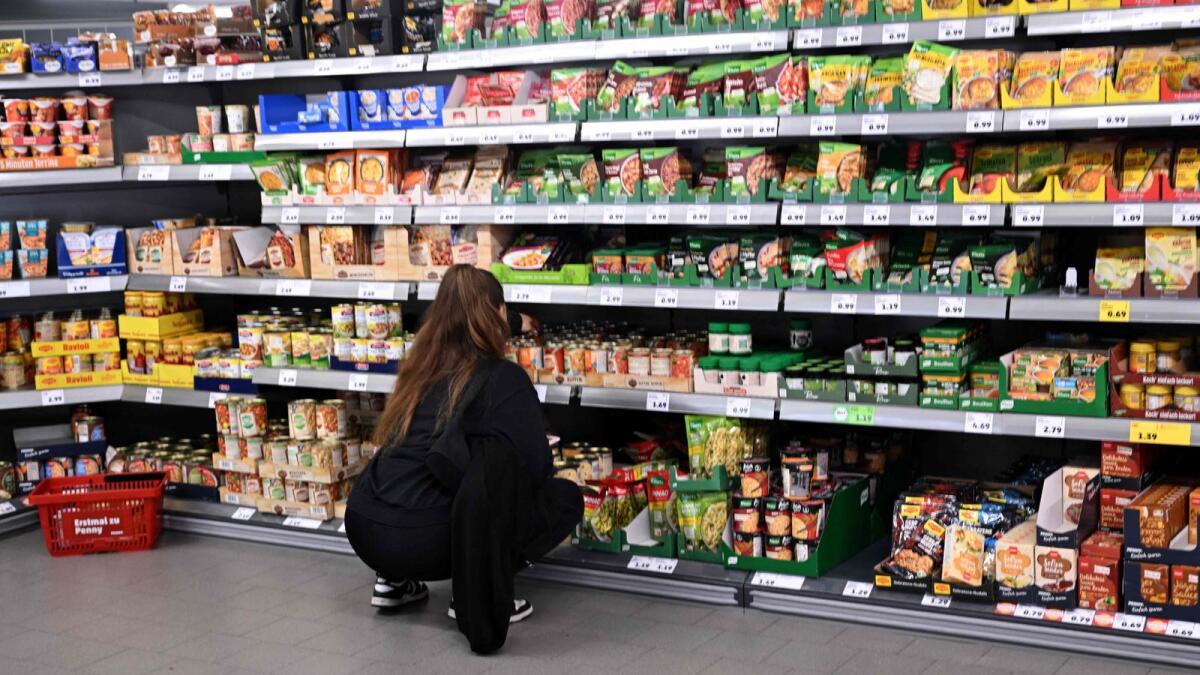
Going back home but forgetting to get gifts? Worry not, you don't have to shell out for overpriced souvenirs at the airport duty-free. You can simply pick them up from your local supermarket.
Smaller grocery stores may not have gifting items; however, most major supermarkets stock their fair share of mini-Burj Khalifas and T-shirts with 'Dubai' — or better still, 'I love Dubai' — printed on them.
UAE expat snacks are a thing
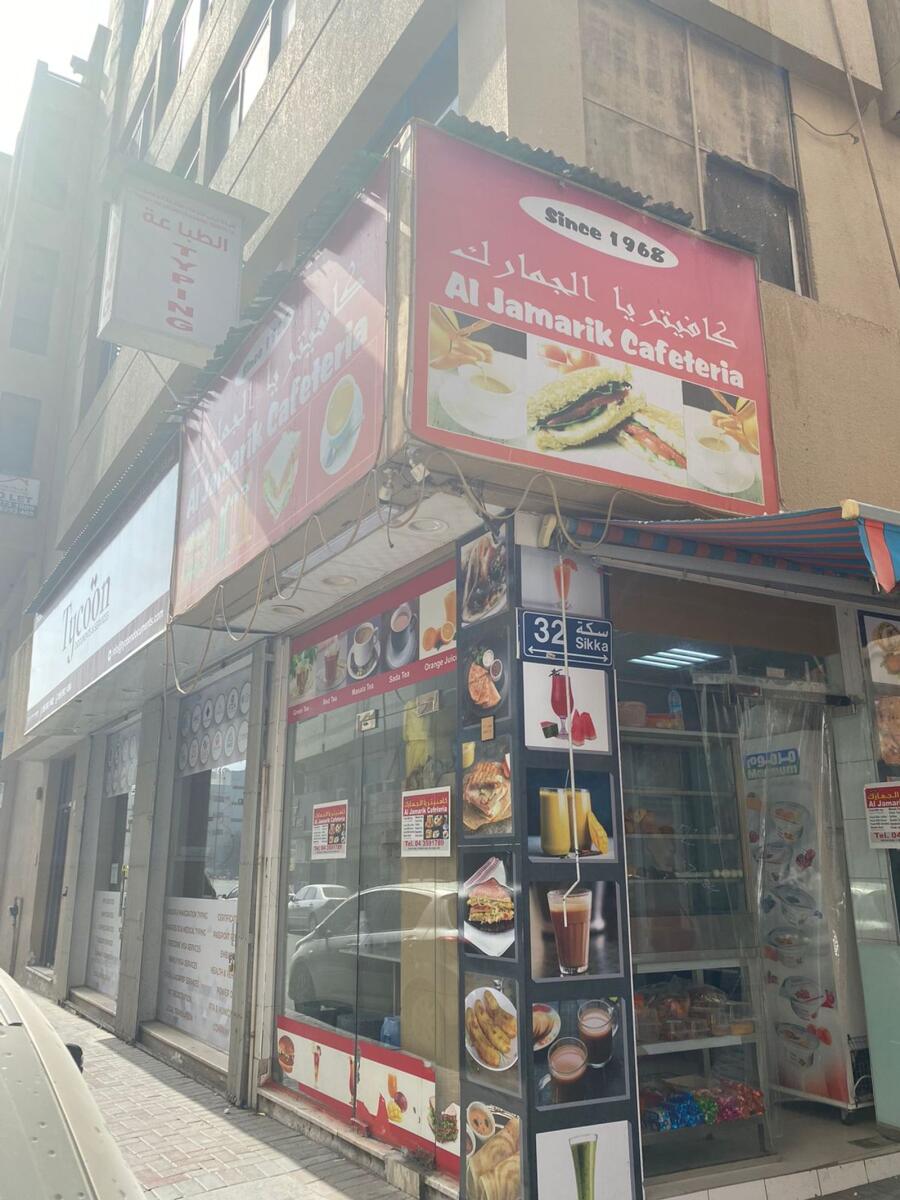
If you're a foodie, the UAE is where some of the best restaurants in the region can be found. From camel biryanis to gold-plated steaks, there's a reason why folks travel to the UAE for their culinary adventures.
However, expats who have grown up in the Emirates have also lived a parallel reality to the fanciest restaurants in town. We're talking, of course, about the iconic, nostalgia-heavy expat snacks that consist of favourites like 'Chips Oman Paratha' and 'Laban' and are found mostly in the smaller local cafeterias. So, if you move to the country, be sure to do as the 'locals' and dine at a local cafeteria for the ultimate expat experience.
'Mafi maalum' Arabic? No worries!
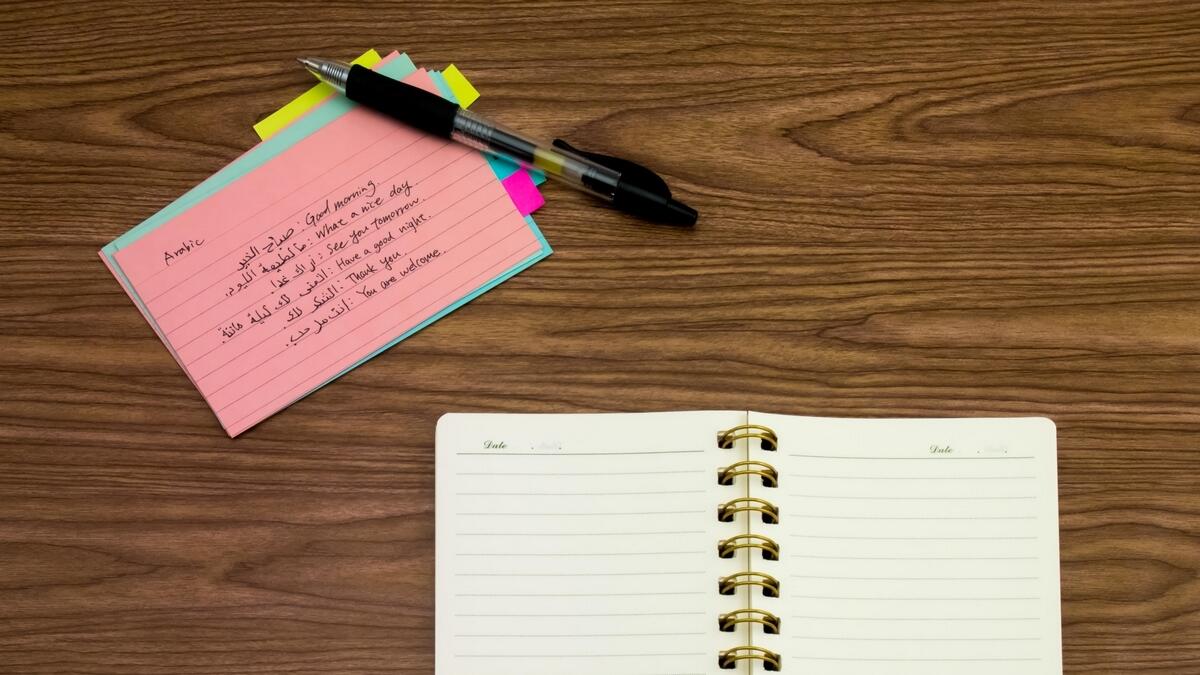
Several UAE residents do not speak a word of Arabic — aside from, perhaps, one phrase they've acquainted themselves with: 'Mafi maalum Arabi' (I don't know Arabic). The good news is that one doesn't need to be able to speak Arabic in the Emirates.
The UAE is home to a whopping 200 nationalities, and everyone manages just fine. Having said that, it is easier to get around if you know either English or Arabic. Everything from services to signage is offered in one of those two languages. Although some expats may cheekily argue that it would do you well to also know Hindi, Urdu or Malayalam considering South Asians make up the largest foreign community in the country.
News Source: Khaleej Times
